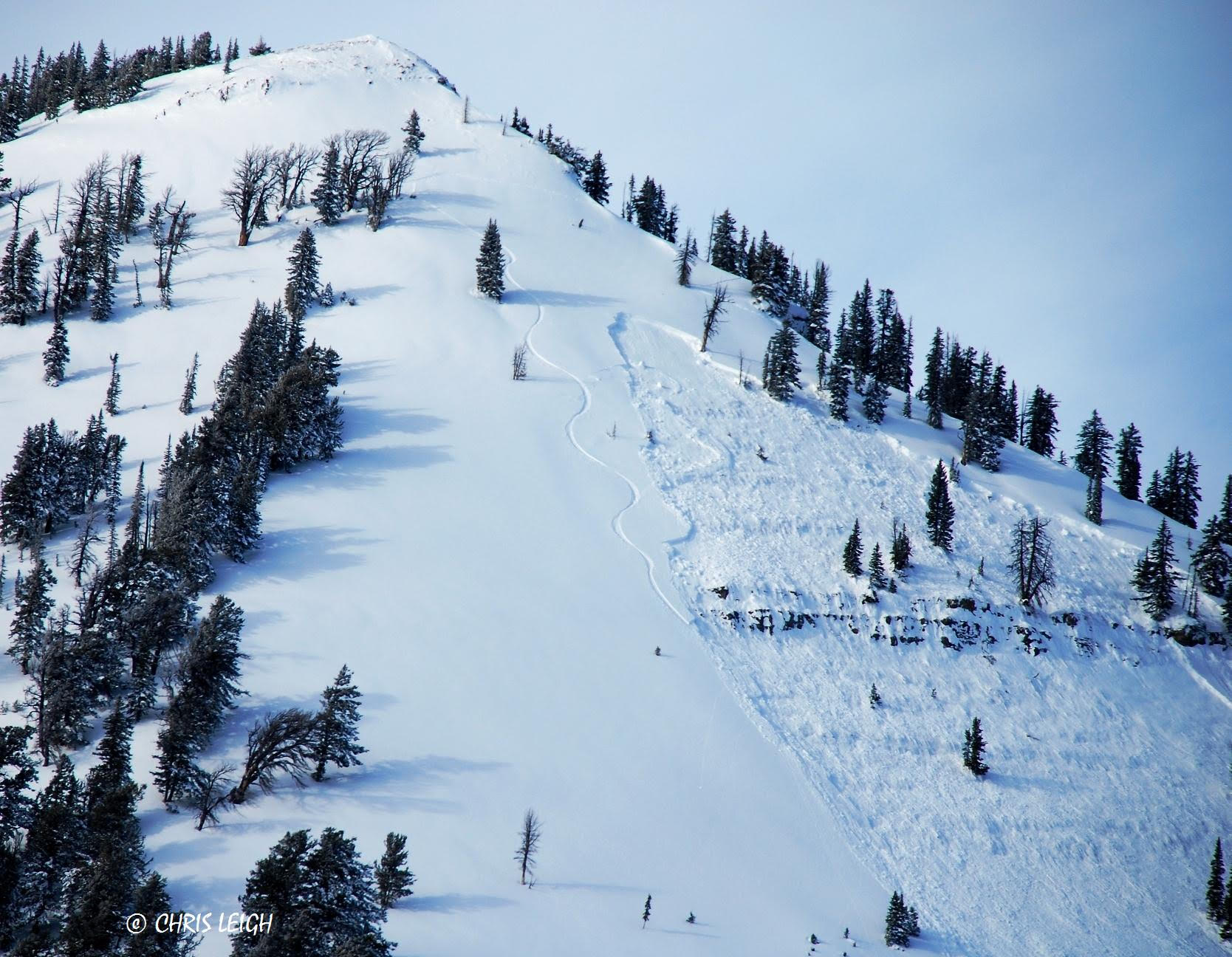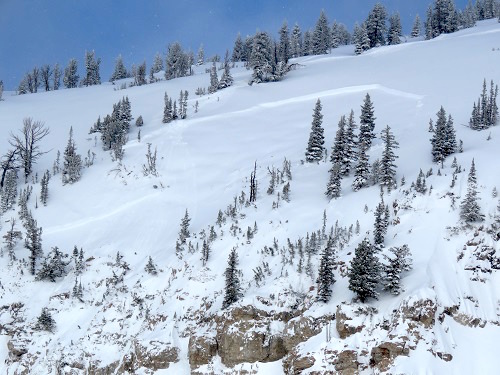
According to The Colorado Avalanche Information Center, January 2016 has resulted in 11 US avalanche deaths, the highest death rate for January since 2008 and the second worst January in 20 years, due to poor snow structure and increased interest in backcountry skiing.
All of 2014/15 saw only 11 avalanche deaths.
According to TGR, this January, the USA has experienced the most avalanche deaths in any January for the past 25 years.
Ten people have died in the past 10 days, and a total of 14 have died this snow season in the US, according to the Colorado Avalanche Information Center. Last weekend resulted in four avalanche deaths, with one person killed in Washington State, two skiers killed in Wyoming, and one snowmobiler killed in the Whitefish Mountains of Montana.

“This weekend’s fatalities bring the Jan US total to 10 killed. That is by far the worst January since 2001. Median fatalities in Jan are 4, interquartile range 6 to 2.
It’s the third worst month since 2001, with only Feb 2014 (12) and Feb 2012 (13) having larger per-month counts. Those two months are outliers, and contribute to Feb having the highest number of fatalities per month. Those two seasons also had the highest number of fatalities since 2001, 35 and 34 respectively.”
-Spencer Logan, CAIC forecaster on January 25th, 2016

Surprisingly, the spike in avalanche fatalities has not occurred due to an increased number of avalanches, according to avalanche forecaster Spencer Logan of the Colorado Avalanche Information Center. The center’s data reveals that this season is not out of the ordinary. Instead, Doug Chabot, director of the Gallatin National Forest Avalanche Center believes the high death rate is due to a “perfect storm” of conditions. Some areas in the west have poor snow structure, which is caused by long periods without snowfall or heavy snow on-top-of a weak layer.
“It would kind of be like building a big house on top of a crumbling foundation. It’s not going to work,” Chabot said.
In the recent years, backcountry skiing has become increasingly popular, which increases the likelihood that someone will hit the weak spot in the snowpack and trigger an avalanche on terrain that hasn’t been controlled for avalanches. There’s been a wide variety of people killed in avalanches lately ranging from skiers and snowboarders to hikers and snowmobilers. Also, the fatalities have been widespread, with fatalities in Colorado, Utah, Wyoming, Montana, Washington, and Alaska.
“The weight of one person hitting a weak spot, a spot that’s especially weak, can create a big avalanche.It’s hard to believe but an 150 pound person can trigger the side of a mountain and an avalanche. Until you’ve seen it, you think it’s impossible but it’s not,” Chabot said.

The Rockies commonly see weak layers of snow due to cold and dry weather, the Pacific Northwest can see large snowfall followed by rain, which has the ability to either flush out lower layers or become crusty and weak itself. Outdoor enthusiasts are free to travel in the backcountry, but it is encouraged to check the forecasts and avalanche conditions. Along with that, education and safety is key to one’s survival while venturing out in the backcountry.
“Usually there’s specific areas where the avalanche hazard might be heightened and other areas where it can be low. This year everyone’s getting snow and everyone seems to have some avalanche hazard,” Chabot said.
So far this winter, there has only been one avalanche death in Canada.

In the last field, describing the locations and descriptions of each avy fatality, there is some incorrect information. The deceased was not found on Mt. Russell but in the Meysan Canyon drainage beneath Mt. Mallory.